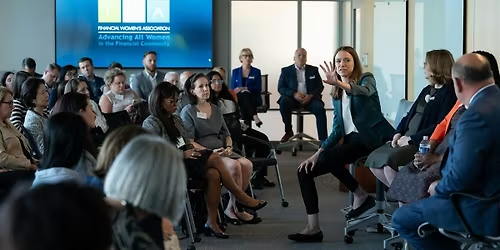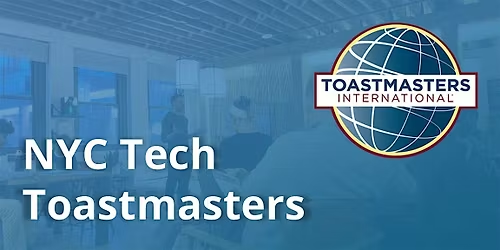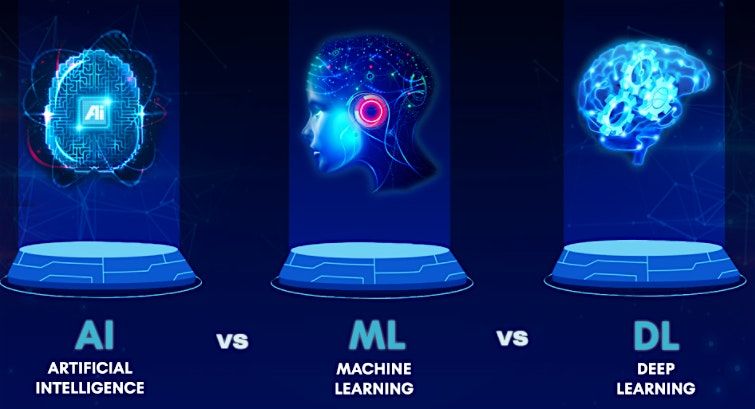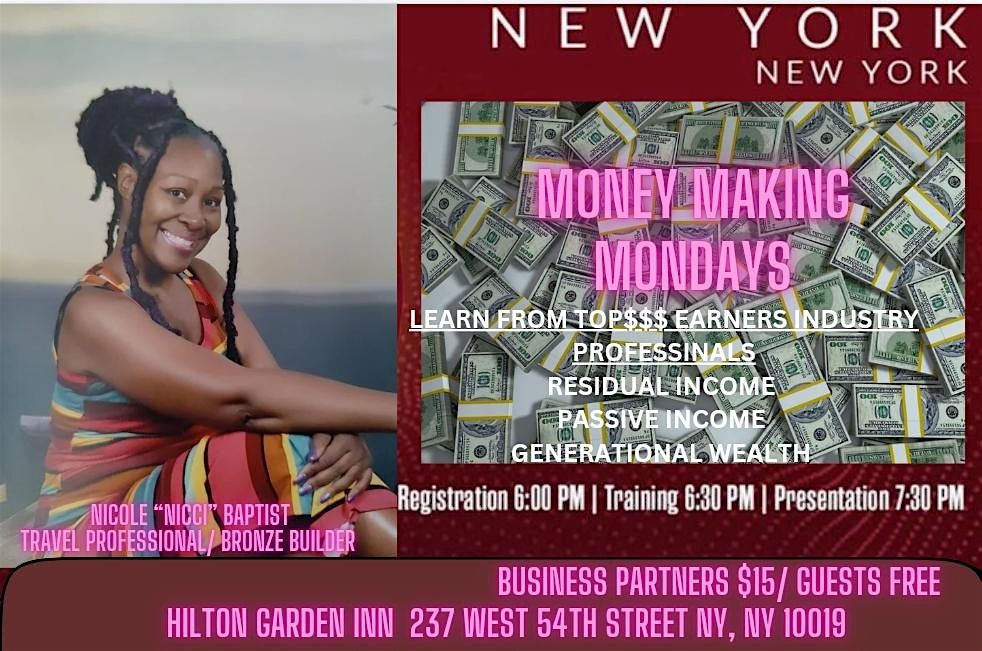Carceral Pedagogies
Schedule
Wed Dec 03 2025 at 06:00 pm to 08:00 pm
UTC-05:00Location
Casa Hispanica | New York, NY
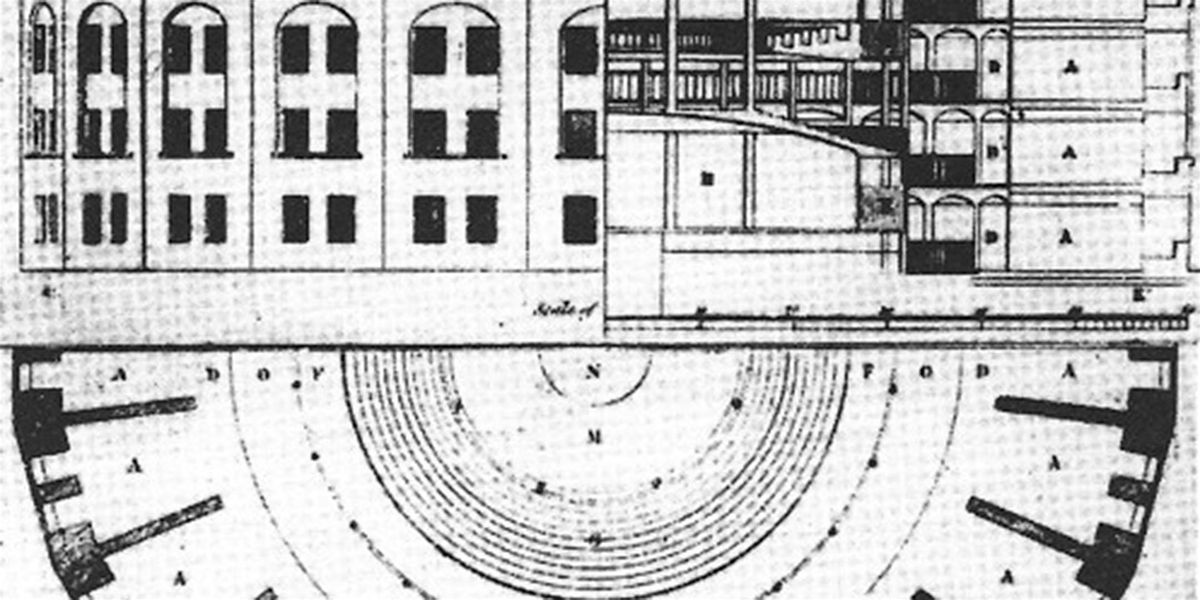
About this Event
The struggle of political prisoners for the right to education during their imprisonment and exile, the clandestine schools that they set up, the fight for access to books, all attest to the importance of education as part of a wider project of political and social emancipation. So does research that has shown that confined education rehabilitates the non-political prisoner, fosters a democratic and equitable environment in the Pr*son, and helps to reduce recidivism. Why, then, is Pr*son education considered a privilege and not a means, as Bentham said, “to prevent transgressing; to save punishing?” The recent strike of the guards in the New York State prisons put a stop to most programming and set Pr*son education backwards. The assault on programming followed long-term and systematic strictures placed on Pr*son education as prisons constrict class time, withhold clearance of books, discourage faculty by making entrance to facilities onerous, disallow even controlled access to electronic libraries and educational search engines, and force instruction to outdated pedagogical modalities. Additionally, Pr*son education has to grapple with an inherent pedagogical challenge: the non-homogeneity of the Pr*son population and the Pr*son classroom present drastically different levels of preparation, aptitude, and motivation that upset the educational models deployed on the outside. As educators, we try to find and access ways of instruction that transcend such challenges and create environments that are educationally rigorous, pedagogically sound, and just, and we set forth questions of carceral pedagogy and of an abolitionist ethic in Pr*son education.
About the Panelists
Jermaine Archer is an artist who served 22 years in Pr*son for a crime he did not commit. In 2005 at Sing Sing Correctional Facility, Jermaine witnessed his first RTA production, Breaking the Mummy’s Code. In December 2006, he joined RTA and went on to act, manage productions, and chair the Steering Committee. During his 22 years in Pr*son, he earned a master’s degree and Paralegal Certification, emceed the first ever Ted-X event inside a New York State Pr*son, gave a TED-X talk, and co-founded the project “ Voices From Within.” Five weeks after his release, he joined the Legal Aid Society of Westchester County as a sentence mitigation specialist and later became part of Schusterman Family Philanthropy’s Criminal Justice Grantmaking team. On July 18, 2024, his wrongful conviction was overturned and six months later he was named RTA’s new Executive Director.
Lisette B. Hughes is the Education Initiatives Manager at College and Community Fellowship (CCF), where she leads higher education programming and curriculum development that support women impacted by the legal system. Her work includes the redesign of Thrive, CCF’s technical assistance curriculum for higher education settings and reentry organizations. Her commitment to educational equity is shaped by her own experience with the legal system. After nearly a decade of teaching in New York City schools, she transitioned to roles supporting system-impacted learners, first as an Academic Coordinator at Hudson Link for Higher Education in Pr*son, where she managed college-in-Pr*son programming at a women’s facility and guided students through reentry; and later at Columbia University’s Justice Lab, where she developed an interdisciplinary curriculum on racial justice and abolition democracy, available on rjad.org. Lisette also teaches undergraduate courses in several New York State prisons and mentors emerging educators and advocates. Lisette holds a BA in Psychology and Spanish from Drew University and an MS in Early Childhood Education, Childhood Education, and Students with Disabilities from Mercy University. She is currently pursuing an Ed.D. in Learning and Teaching at Hofstra University with a focus on human development, educational psychology, and DEI in education. She lives by Nelson Mandela’s words: “Education is the most powerful weapon which you can use to change the world.”
(moderator) is an Affiliated Faculty in the Program in Hellenic Studies. She is an anthropologist, Associate Professor at the Pr*son Education Program, Psychology Department, and Academic Adviser at the Justice in Education Initiative at Columbia University. She is the incoming editor (with Katrina Thompson) of Anthropology and Humanism. Her essays on anthropology, ethnography, critical theory, art and architecture, critical medical studies, and politics can be found in Mousse, Documenta, American Ethnologist, Ethos, Anthropological Quarterly, angelaki, and many edited volumes.
Noah Remnick is an organizer and lecturer at the Columbia University Center for Justice. He teaches college courses in history at a variety of correctional facilities across New York and leads a reading group at Sing Sing for men on life sentences. He received his DPhil in History from the University of Oxford, and he has been published in the Journal of Urban History on school policing and student resistance.
Robert Rose is the Communications Coordinator at the Sing Sing Pr*son Museum. He received his Bachelor of Science in Behavioral Science from Mercy College and a Master of Professional Studies from New York Theological Seminary. He is a passionate researcher on a mission to tear down the Pr*son industrial complex. His work focuses on exposing how the criminal legal system has become a profitable business, while he is helping people who are currently in Pr*son. His work has helped make a difference in several reports, including ones generated by Worth Rises, the Sing Sing Quaker Worship Group, and the National Association of Criminal Defense Lawyers (NACDL). Some of his most notable reports include “The Pr*son Industry: Mapping Private Sector Players” and “Reducing Violence from Within.” Before he joined the Sing Sing Museum, Robert worked as a Research Fellow at Columbia University’s Center for Justice, and as the Production Manager for TEDxSing Sing, where he focused on the theme of Creating Healthy Communities. He also worked as a Digital Media Fellow at Second Chance Studios, where he organized and led campaigns to help people learn how to challenge those who profit from the nation’s carceral crisis. At the Sing Sing Museum Robert uses oral histories and historical analysis to tell the story of incarceration in New York over the past 50 years. His education and experience show Robert’s commitment to fighting for justice, education, and reform in the criminal legal system.
Where is it happening?
Casa Hispanica, 612 West 116th Street, New York, United StatesEvent Location & Nearby Stays:
USD 0.00




